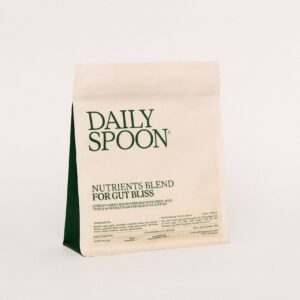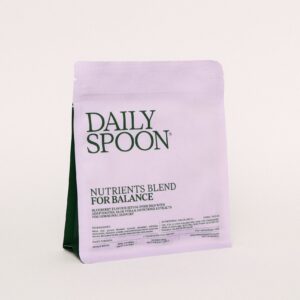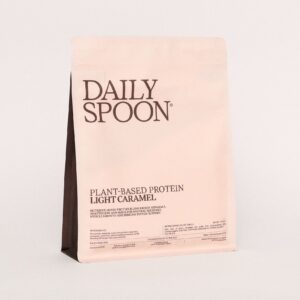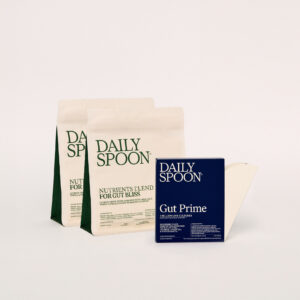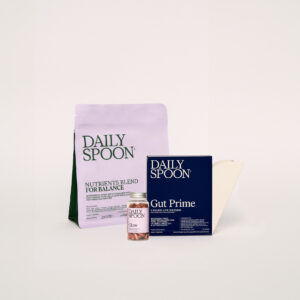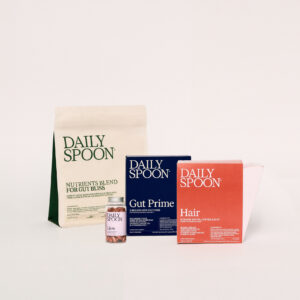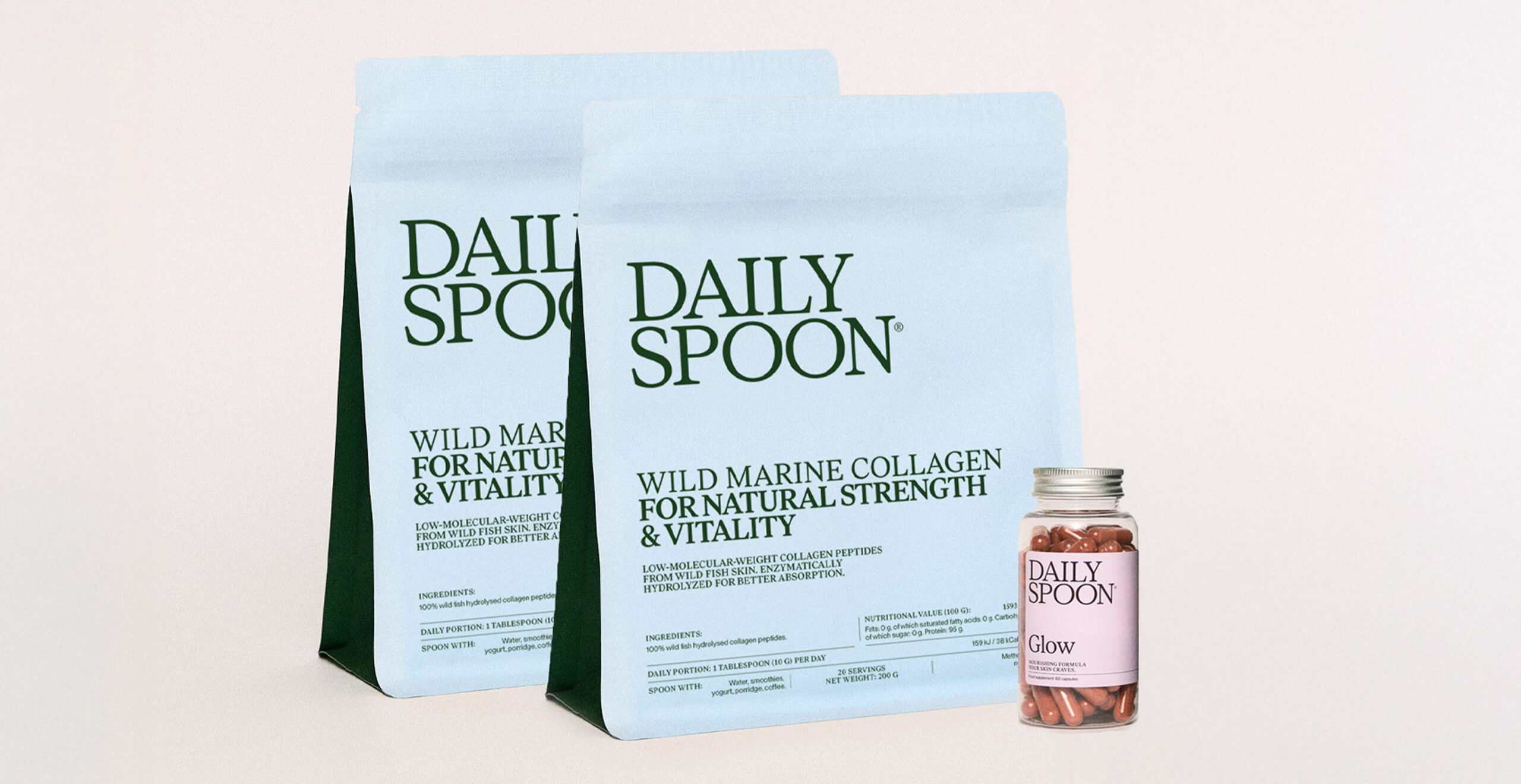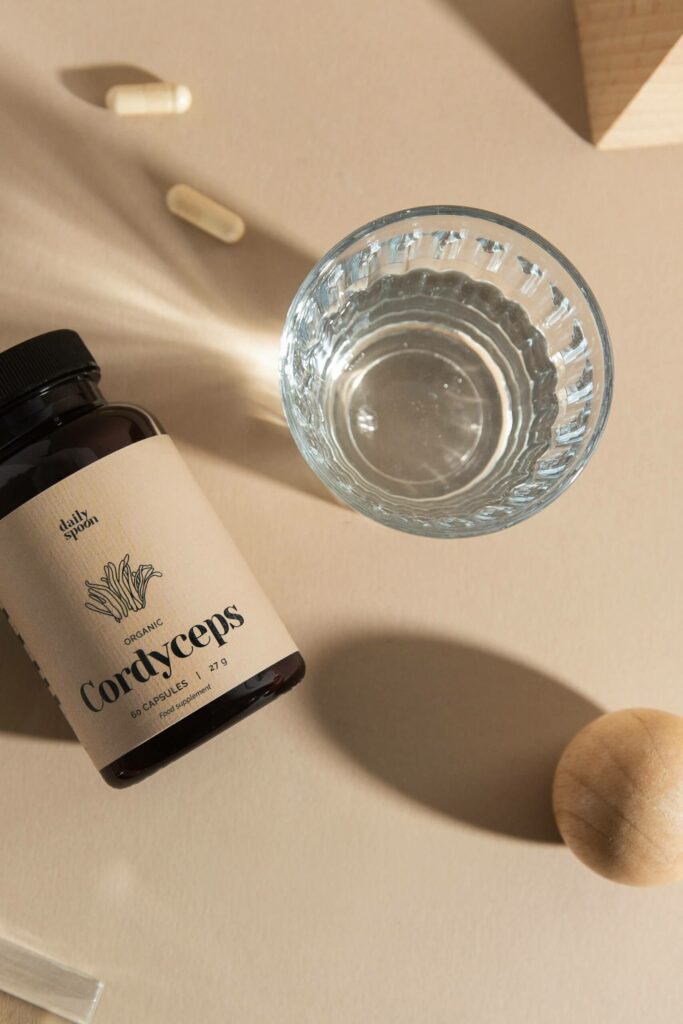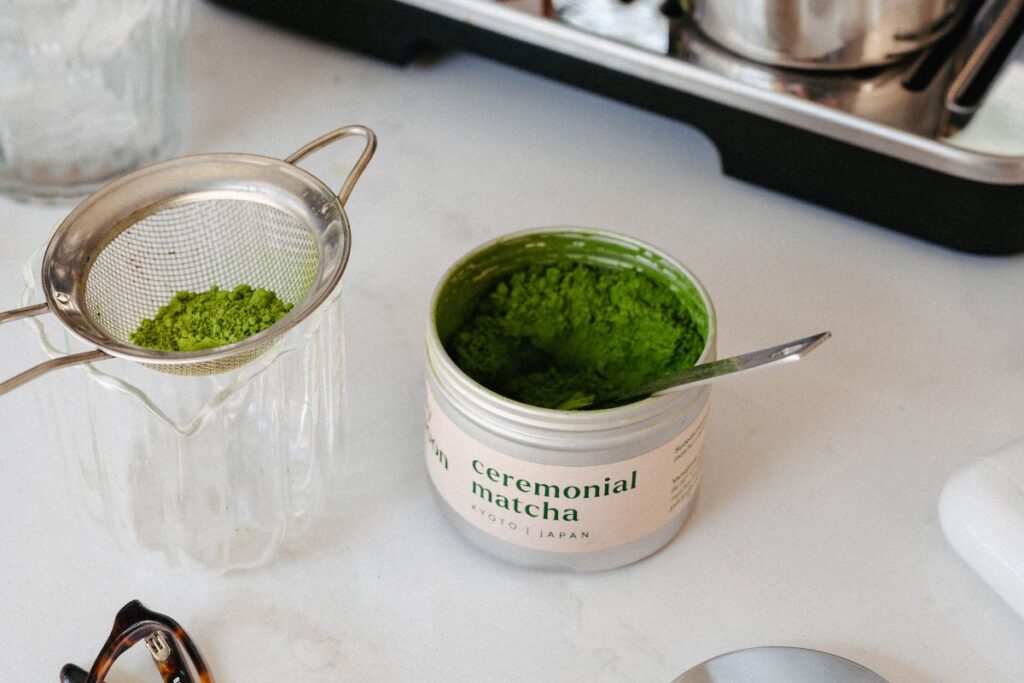Let’s start with the fact that cholesterol is a type of fat found in the blood. It is important to have some cholesterol in the body because it is used for hormone production and building cell membranes. However, having too much cholesterol in the blood can lead to plaque buildup in the arteries, which increases the risk of developing various heart diseases.
Types of Cholesterol
There are two main types of cholesterol: low-density lipoproteins (LDL) and high-density lipoproteins (HDL). LDL is often called “bad” cholesterol because it can contribute to plaque buildup in the arteries. On the other hand, HDL is known as “good” cholesterol because it helps remove excess cholesterol from the body. Therefore, it is important to manage both types of cholesterol in the blood, which can be achieved through dietary and lifestyle changes. Of course, in many cases, these changes alone may not be enough, and medication prescribed by a doctor might be necessary.
Dietary Changes for Managing Cholesterol
It is important to maintain a healthy relationship with food. Restrictive diets can lead to eating disorders, so finding a balance that works for you is essential. It is not necessary to completely avoid cholesterol-containing foods, such as eggs, but rather to consume them in moderation as part of an overall healthy and balanced diet.
- Cholesterol levels can be reduced by eating a diet rich in fruits, vegetables, and whole grains. These foods are high in fiber, which can help remove excess cholesterol from the body.
- Reducing the intake of foods low in saturated fats and trans fats can also help lower cholesterol levels. Saturated fats are found in animal products, such as meat and dairy, while trans fats are present in processed foods like crackers and cookies.
- Consuming foods rich in omega-3 fatty acids, such as salmon and other fatty fish, can also help reduce cholesterol levels.
- Eating foods high in plant sterols and stanols, such as almonds and avocados, can further contribute to lowering cholesterol.
Specific Food Items
Food can play a very important role in regulating cholesterol levels. As mentioned earlier, high-fiber foods such as fruits, vegetables, and whole grains can help remove excess cholesterol from the body. Additionally, foods low in saturated and trans fats, such as lean meats, fish, and plant-based products, can also help reduce cholesterol levels. Daily Spoon provides some examples of specific foods that may help regulate cholesterol levels, including:
- Oats and Barley: These grains are rich in beta-glucans – soluble fibers that have been proven to lower cholesterol levels. Try incorporating oatmeal or barley into your diet by making a hearty breakfast porridge or adding them to soups and stews.
- Nuts and Seeds: For example, almonds, walnuts, and flaxseeds are rich in monounsaturated and polyunsaturated fats that can help reduce cholesterol levels. They are also an excellent source of protein and fiber, making them a healthy snack.
- Legumes: Beans, lentils, and peas contain plenty of fiber and protein, which can help lower cholesterol. They are also a plant-based protein source, making them a great alternative to animal protein.
- Fatty Fish: Salmon, mackerel, and sardines are high in omega-3 fatty acids, which can help reduce cholesterol levels. They are also an excellent source of protein and other important nutrients like vitamin D and selenium.
- Foods Fortified with Plant Sterols and Stanols: These compounds, found in fruits and vegetables, have a structure similar to cholesterol and can help block its absorption in the intestines. You can find fortified products such as orange juice, yogurt, and margarine enriched with plant sterols and stanols.
- Berries: For example, blueberries, strawberries, and raspberries contain many antioxidants and phytochemicals that may help lower cholesterol levels. Berries are also a great source of vitamin C, which can help protect against heart disease.
- Dark Chocolate: Dark chocolate contains flavonoids – antioxidants that can help reduce cholesterol. Choose dark chocolate with at least 70% cocoa content.
- Garlic: Garlic has been shown to lower cholesterol levels by reducing LDL cholesterol in the blood. It can be consumed fresh or as a supplement, but it is always recommended to consult a doctor before taking any supplements.
- Turmeric: Turmeric is believed to lower blood cholesterol by reducing LDL cholesterol levels. It can be used in curries, soups, stews, or added to smoothies for flavor.
- Extra Virgin Olive Oil: High-quality extra virgin olive oil contains many monounsaturated fats that can help reduce cholesterol levels. It is also a great source of antioxidants and has anti-inflammatory properties.
- Green Tea: Contains catechins – antioxidants that may help lower cholesterol. Green tea can also help reduce the risk of heart disease.
- Avocados: Rich in monounsaturated fats and plant sterols that can help lower cholesterol. They are also an excellent source of potassium, which can help reduce blood pressure.
- Soy Products: Soy products like tofu, tempeh, and soy milk are good sources of plant-based protein and low in saturated fats. They contain compounds called isoflavones, which have been shown to reduce cholesterol levels.
- Eggs: Eggs, especially egg yolks, contain a lot of cholesterol but are also rich in nutrients such as vitamin D, choline, and other nutrients. Therefore, eggs do not need to be eliminated from the diet but should be eaten in moderation.
- Citrus Fruits: Citrus fruits like oranges, lemons, and limes are rich in vitamin C, which may contribute to protection against heart disease. They also contain flavonoids, which have been shown to lower cholesterol levels.
It is also important to note that it’s not only about avoiding certain foods but finding balance and variety in your diet. By eating a wide range of nutrient-rich foods, you can obtain all the essential vitamins, minerals, and other nutrients needed for a healthy diet.
Black birch mushroom – what is it?
Chaga mushroom, also known as black birch mushroom, is a fungus frequently used in traditional medicine. What are its benefits for the body? It is known for its anti-inflammatory and antioxidant properties. Some studies also suggest that chaga may have a cholesterol-lowering effect.
It is believed that the beta-glucans present in chaga can reduce cholesterol levels by binding to bile acids in the intestines and helping remove them from the body. Additionally, this mushroom contains compounds called triterpenoids, which possess cholesterol-lowering properties. Chaga can be consumed as tea, powder, capsules, or extract. Moderate use of chaga may be a great addition to a healthy diet and lifestyle, supporting overall health benefits.
It is important to note that research on chaga and cholesterol management is still in the early stages, so more studies are needed to fully understand its effects. Moreover, before starting any supplement, it is recommended to consult a healthcare professional, as chaga may interact with other medications and might not be safe for everyone.
Lifestyle Changes
- Regular physical activity can help lower cholesterol levels by increasing HDL (high-density lipoprotein) in the blood. Aim to do at least 30 minutes of moderate-intensity exercise, such as brisk walking, on most days of the week.
- If you smoke, quitting can also help reduce cholesterol levels because it raises HDL levels in the blood.
- If you are overweight or obese, losing weight through exercise and nutritious eating can also help lower cholesterol levels.
- Additionally, managing stress plays an important role in controlling cholesterol. Chronic stress can increase LDL (low-density lipoprotein) levels in the blood, so it’s important to find ways to manage stress, such as meditating, practicing yoga, or engaging in other stress-reducing activities.
Dietary Supplement Use
Another possible way to control cholesterol levels is by taking dietary supplements. It is often said that some supplements can help lower cholesterol. However, before starting any supplements, it is important to consult a healthcare professional, as they may interact with other medications and may not be safe for everyone.
Regular Check-Ups
Another important aspect of managing cholesterol is monitoring and tracking its levels. A healthcare professional can order a simple blood test to determine your cholesterol levels. It’s important to get regular check-ups and track your cholesterol to see whether dietary or lifestyle changes are having an effect.
It’s also worth noting that genetics can influence cholesterol levels. Some people may have a genetic predisposition to high cholesterol, meaning that even with lifestyle changes, medication may still be necessary.
In summary, controlling cholesterol is important for overall heart health. A combination of diet, lifestyle changes, and medication can help lower cholesterol levels. Additionally, monitoring cholesterol levels, understanding genetic factors, managing stress, and maintaining a healthy relationship with food all play key roles in cholesterol management. It’s always recommended to consult a healthcare professional, who can provide the most appropriate treatment plan based on your individual needs.



